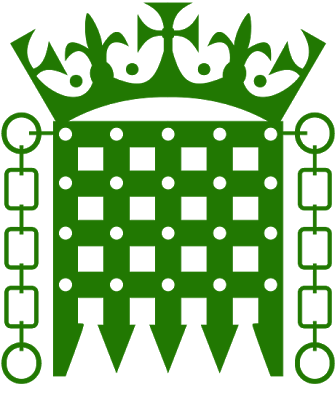Yet More Brexit Good News Stories

You might remember that, before last year’s EU Referendum, Leave voters were being threatened with everything from an Emergency Budget, rises in income and inheritance taxes, huge cuts to the NHS budget, and a mass exodus of businesses from Britain.
Despite #ProjectFear, we 'independence freedom fighters', as I called us during the campaign, voted to take back control of our borders, our laws, and our money, and the doom and gloom that some of those on the Remain side highlighted has not come to pass. As Guido Fawkes put it over the summer, our GDP would need to collapse by over 5 per cent in the next twelve months to meet the Treasury’s pre-referendum projections, given that there has been growth in each quarter following the vote to Leave.
I look back at my own comments on the day that George Osborne and Alistair Darling announced their scare-mongering Emergency Budget, and I stand by what I said at the time: “when we vote Leave, and our economy is doing just fine as I’m confident it will, this Emergency Budget will not see the light of day”.
In addition to the excellent news coming out of Germany and Sweden that the EU27 member states are readying to discuss a post-Brexit free trade agreement with the UK and the positive comments by Angela Merkel, Donald Tusk, Jean-Claude Juncker, and others about securing a deal by March 2019, there are so many other ‘good news’ stories about Brexit that will interest you!
The Australian High Commissioner, His Excellency the Honourable Alexander Downer, has said at an event in London that he expects a trade deal between Australia and the UK could be reached very quickly, and reassured our fantastic British farmers that Australian and New Zealander farmers would not be seeking to flood our markets afterwards. We also heard from Dr Bernd Atenstaedt, the Chairman of German Industry UK which represents some 250 companies in Britain and 250,000 people, who has called on Angela Merkel to speed up the Brexit negotiations and begin trade talks. His comments were warmly welcomed, saying that his members want “to continue with free access and no tariff barriers. The UK is one of our most important locations and markets”.
Public finances have outdone themselves once again, with September marking the third consecutive month that performance has been better than expectation. We saw the lowest deficit for September since 2007, before the financial crisis, with the gap between what the Government spends and what it receives in taxes dropping by £700m compared to the same period last year. Worth remembering that this Government is committed to getting a handle on the deficit and the debt, whereas Labour’s policies would threaten all our hard work to date with their proposals for uncontrolled public spending.
Businesses are also reporting more confidence about company prospects and their long-term business environment. Deloitte’s recent quarterly survey of Chief Financial Officers has shown that those rating high levels of uncertainty has almost halved since the Brexit vote last June. Business investment has also grown more strongly, with the number and value of initial public offerings in London also up significantly this year.
And, confirming London’s long-established position as a leading global financial hub, Chris Cummings, the Chief Executive of the Investment Association trade body of UK investment managers, has said that “the UK delivers investment choice, deep capital markets, product innovation, cost efficiencies, unrivalled professional expertise and a unique supporting ecosystem that has grown up over decades and is impossible to up-sticks and replicate in any other European capital”. This positivity was echoed by Andrew Bailey, the head of the Financial Conduct Authority, who said that the City has a “well established” model of cross-border cooperation, which needs no intervention because of Brexit. The UK is currently the largest market in Europe, with around £8 trillion of assets – more than the next three countries combined, and equal to around a third of the EU's total assets under management.
My fellow Brexiteer, the inimitable Tim Martin the boss of Wetherspoon’s, has recently commented that his pub chain business has calculated that the price per meal or pint sold at its pubs would be 1.5 per cent lower if the UK pursued unilateral free trade in the event of a no-deal Brexit. This counters the remarks by David Tyler, Sainsbury’s Chairman, with Tim adding that “food costs for Sainsbury’s, Wetherspoon and the public will go down, not up”.
So, some sixteen months after our vote to Leave, business confidence is growing, public finances are continuing to recover after the financial crisis, and our friends in the EU and around the world are looking forward to freely trading with the UK once we complete the Article 50 process. I have never doubted that Brexit would be a tremendous success for our country, and I am continually encouraged by the good news we are hearing each and every week. Obviously the big challenge to our country right now is the willingness of the EU27 to make progress – we, for our part, have done a great deal of work to chart a smooth exit from the EU. I applaud Theresa May for her determination to pursue the best possible trading and cooperation agreements between the UK and our EU friends and neighbours.
Onwards!





